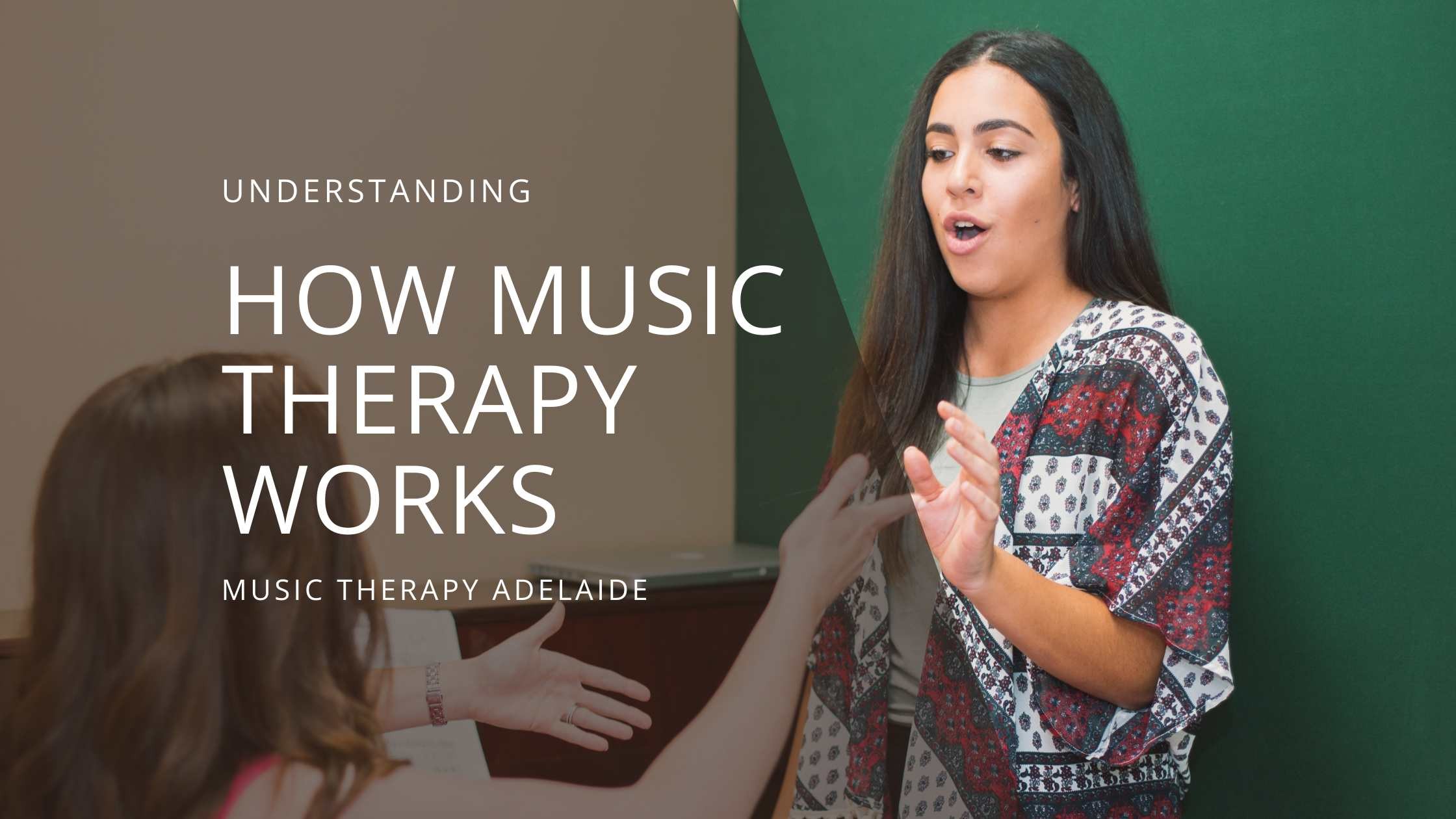
What is Music Therapy with Annelis Way?
Understanding the finer points...
Have you ever been curious about the rationale behind the methods in music therapy sessions? The way a music therapist uses music might seem purely enjoyable, and it definitely is, but there's much more to it.
In music therapy the focus is not only having fun with music, but also applying scientific research and techniques to help our clients achieve their goals. There's a serious, evidence-based side to the joyous music-making we do with our clients in music therapy sessions.
In this blog, Adelaide based Registered Music Therapist (RMT) Anneliis Way sheds light on several key techniques which you might encounter in a music therapy session with her.
Benefit from music therapy today.
Each session is tailored to a person’s individual needs and
goals.
Music Therapy Techniques
Music Therapy with Instruments
In music therapy sessions, playing instruments is not just about making music; it has neurological benefits too. The auditory cortex, which processes sound, is connected to the brain's motor planning areas. Thus, playing instruments is a powerful way to activate various brain regions, particularly those connected to movement.
In music therapy sessions, instrument play is frequently used to develop or rehabilitate fine and gross motor skills. Instruments frequently used include pianos, ukuleles, drums, maracas, bells, castanets, xylophones, glockenspiels, and djembes.
Music Therapy Through Singing
Singing is a way to express ourselves, and our brains relish the rhythmic and melodic patterns of songs, often leading us to hum or sing subconsciously. Whether we are singing along with the radio, in the car or in a music therapy session, singing has multiple physiological benefits.

Singing can enhance lung capacity, which is beneficial for asthma patients, and encourages deep breathing, which reduces anxiety symptoms. It also triggers the release of endorphins and oxytocin in the brain, boosting feelings of happiness. Singing also activates various neural pathways involving language, movement, and memory, and releases dopamine.
Group singing, such as in choirs, adds a social dimension, enhancing connectivity through music. In fact, when people sing together in a choir, their hearts synchronise and beat in time! Singing and speech also use different parts of the brain, so when there are speech difficulties, such as aphasia (not being able to form words following a stroke) or stuttering, people can often sing clearly and fluently.
In music therapy this may be used to help establish new neural pathways in the brain to assist with speech. Even for sleep improvement,
singing is beneficial. We encourage everyone to sing regularly, regardless of the audience.
The Therapeutic Benefits of Playlist Creation
Creating playlists with an RMT is a strategic way to use music for supporting sleep, exercise, mental health, emotional regulation, and pain management. These playlists, tailored to individual preferences, can be a simple yet effective tool for various purposes. Listening to preferred music can stimulate dopamine release, activate natural anxiolytics and opioids and lower blood pressure and heart rate.
Music with specific qualities activates the parasympathetic nervous system – the part of our body that helps us to relax. RMTs guide clients in using music constructively in daily life through personalised playlists.
Music Therapy Techniques Explained
Music therapy employs a wide range of techniques, tailored to each person's needs and preferences. What's unique about music therapy is that these activities often don't feel like work; they create an enjoyable and motivating setting for skill development and growth.
These are just a few examples of the methods Anneliis uses daily as an RMT. If you're in a session or observing music therapy and wonder if it’s just about having fun or doing therapeutic work, know that it's both!
To learn more about how music therapy can benefit you, your child or family member or your client, please contact Anneliis today.
Discover the benefits of music therapy today.
Providing home and clinic based music therapy services across the southern suburbs of Adelaide.
